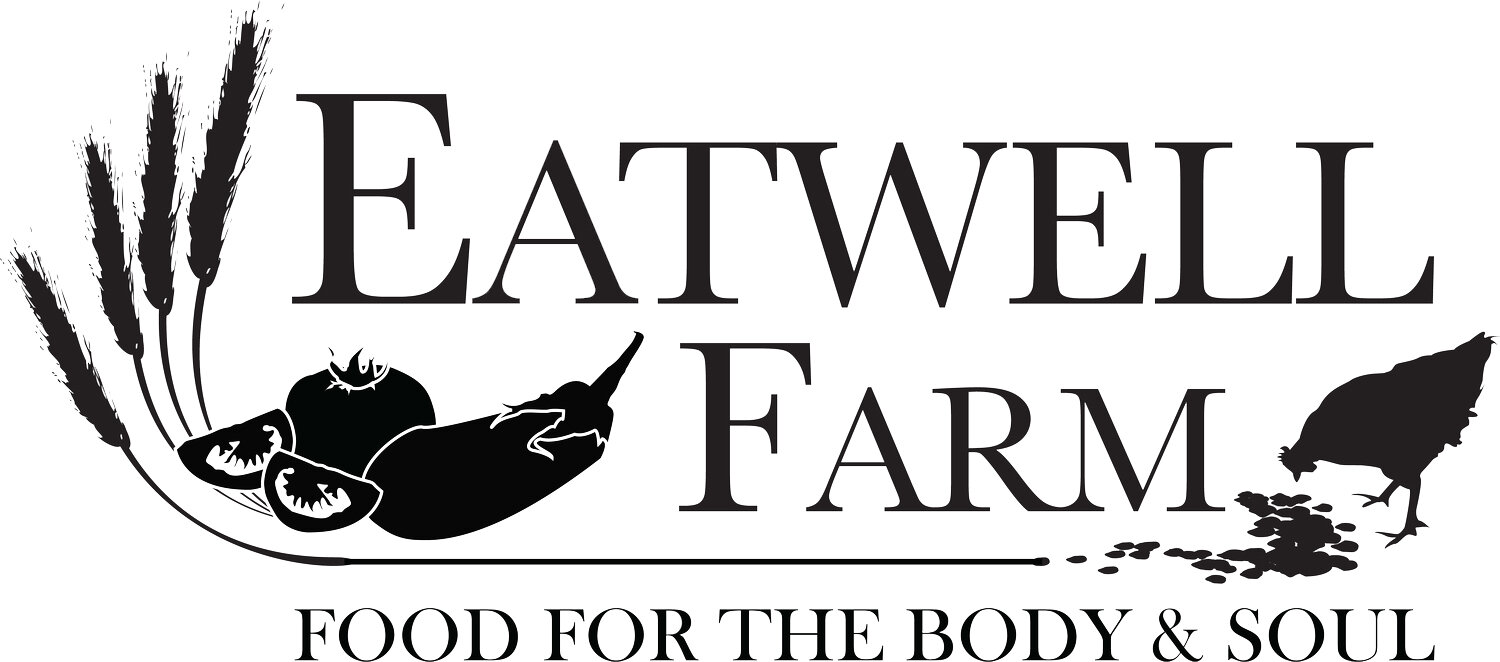From Lorraine's Drinkwell Soda Blog...
Like millions of people I have read Barbara Kingsolver’sbook Animal Vegetable Miracle. If you
haven’t read it, consider picking up a copy. AVM is an enjoyable read, a
fun and fascinating story about their family’s yearlong commitment to eating only
locally produced food. Barbara’s husband and oldest daughter contribute
to the book drawing from their unique interests and backgrounds. Steven
adds substance to the story with the scientific view of what has and is
happening to our food systems and for our own practical enjoyment Camille gives
us the seasonal recipes they enjoyed during the year.
The book made me think. How do I eat, how do I
shop? I must admit I am extremely spoiled. I have my own personal
farmer, and as most farmers do we trade A LOT with other farmers at the market,
so most of my food is local and the best you could ever dream of eating.
Clearly I can’t get everything I need at the Market, so what happens when I do
shop in a store? I began reading labels again, only this time it wasn’t for the ingredients; it was to find
out where my food choices were coming from. I realized, with the
exception of milk, I did not apply this scrutiny to beverages, and that made me think.
How many of us focus our food choices on local, seasonal,
organic but don’t apply those standards to what we drink? I would wager
the vast majority of people who are dedicated to their Saturday morning
Farmer’s Market culinary excursions do not necessarily apply the same standards
to their potations. What we drink is as important as what we eat.
In a somewhat related story I was intrigued and saddened by
one of the items in this week’s CUESA Newsletter regarding Orange Juice.
To sum it up I have copied an excerpt from the Yale Press site:
In
the enlightening book Squeezed, Alissa Hamilton explores the hidden history of
orange juice. She looks at the early forces that propelled orange juice to
prominence, including a surplus of oranges that plagued Florida during most of
the twentieth century and the army’s need to provide vitamin C to troops
overseas during World War II. She tells the stories of the FDA’s decision in
the early 1960s to standardize orange juice, and the juice equivalent of the
cola wars that followed between Coca-Cola (which owns Minute Maid) and Pepsi
(which owns Tropicana). Of particular interest to OJ drinkers will be the
revelation that most orange juice comes from Brazil, not Florida, and that even
“not from concentrate” orange juice is heated, stripped of flavor, stored for
up to a year, and then reflavored before it is packaged and sold. The book
concludes with a thought-provoking discussion of why consumers have the right
to know how their food is produced.
http://yalepress.yale.edu/yupbooks/book.asp?isbn=9780300124712
I want to be part of the solution, to make a difference by
providing local consumers a viable option. Although I have chosen to use
organic cane sugar and I do make some sodas with teas and herbs that are not
local, the majority of flavors we offer are from our farm or other local
farms. Drinkwell Sodas are made locally, they are perishable and must be
enjoyed fresh and alive. As my little soda venture grows we will be able
to grow some of the herbs I am now sourcing elsewhere. We are even giving
sugarcane a try. Imagine how fabulous it would be to make Drinkwell Sodas
with Eatwell Farm organic cane juice? Although the possibilities are not
limitless we are making every effort to improve. My dream for the future
is a Drinkwell Soda made from local ingredients only and growing opportunities
to teach people all over the country how to do what I am doing; Fresh Sodas
Stands at Farmer’s Markets everywhere!
Cheers,
Lorraine
